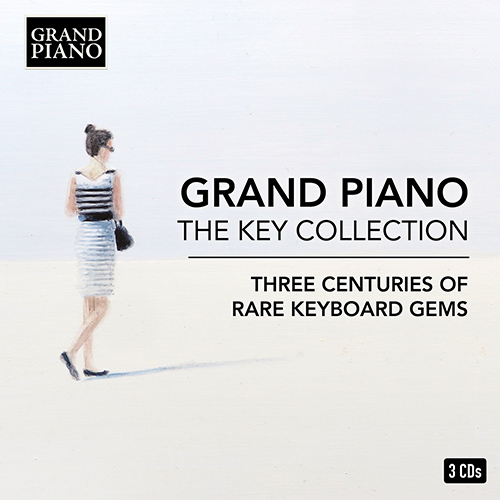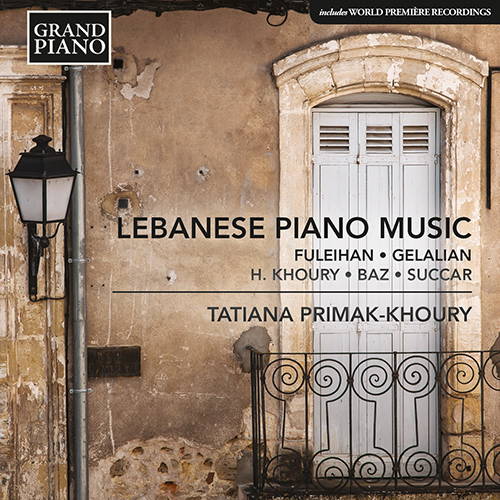
Toufic Succar
What is Lebanon? “A small state in the Middle East shaken by crises and wars”, say media reports. “A vibrant, sometimes slightly chaotic country with the pulsating party capital Beirut at its heart”—that’s the view of many Lebanese. “An archaeological treasure-trove, containing riches left by everyone from the Phoenicians to the Ottomans”, art historians enthuse. “A colourful patchwork made up of 18 different religious communities—Christians, Muslims, Druze—with a need for painstaking agreements to maintain a balance of power between them”, say sociologists. “A country that is closer to Athens than to Mecca”, geographers have calculated. “A paradise where you can ski in the Lebanon mountains in the morning and swim in the sea in the afternoon” according to travel agents’ sales literature.
“Lebanon is located exactly where the Orient and the Occident meet. It looks out over the sea, and the sea brings us the Western world. And on the other side, beyond the mountains, lies the Orient, the deserts and all that. That’s Lebanon. It inhabits both worlds”, says composer Toufic Succar, a long-time professor of theory and the former principal of the Conservatory in Beirut. Succar was born in Tripoli in 1922 and reconciling these two worlds has been a hallmark of his entire output. Succar has written string quartets not in major or minor modes, but in Arabian quarter-tone modes such as rast and bayati. He has developed polyphonic techniques for playing the ud and qanun, which are traditionally monophonic instruments. He has combined twelve-note sequences with oriental rhythms and has used folk themes discovered during his fieldwork in the villages and monasteries of his homeland in his symphony.



 Grand Piano has gained a reputation for producing high quality recordings of rare keyboard gems. Dedicated to the exploration of undiscovered piano repertoire, the label specialises in complete cycles of piano works by many lesser-known composers, whose output might otherwise have remained unknown and unrecorded.
Grand Piano has gained a reputation for producing high quality recordings of rare keyboard gems. Dedicated to the exploration of undiscovered piano repertoire, the label specialises in complete cycles of piano works by many lesser-known composers, whose output might otherwise have remained unknown and unrecorded.






